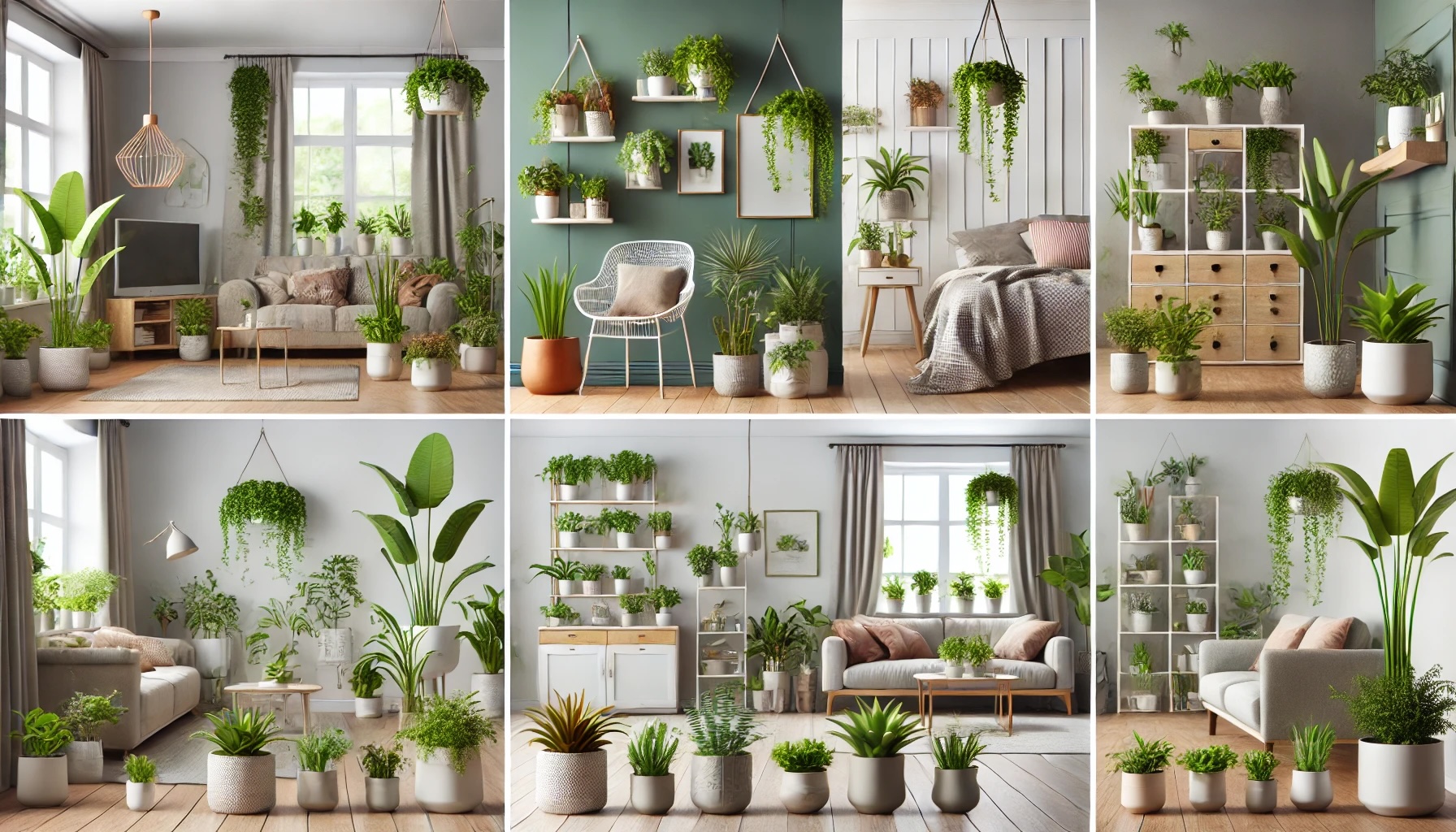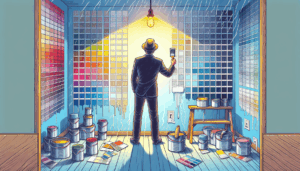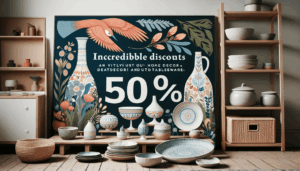The trend of incorporating indoor plants into homes has gained momentum in recent years, not only for their aesthetic value but also for the multiple benefits they bring to the health and well-being of those who inhabit them. Plants not only beautify spaces but also improve air quality, reduce stress, and increase a sense of well-being. Below, we explore the reasons why indoor plants have become an essential element for a fresher and healthier home.
Improved air quality
One of the most well-known benefits of having plants at home is their ability to purify the air. Plants absorb carbon dioxide and release oxygen through the process of photosynthesis. Additionally, certain plants have the ability to remove toxins and air pollutants, such as formaldehyde, benzene, and trichloroethylene, contributing to a cleaner and healthier indoor environment.
Stress reduction and increased well-being
Numerous studies have shown that the presence of plants in the home can have a positive impact on mental health. Plants help reduce stress and anxiety, and promote a sense of calm and well-being. The simple sight of plants can have a relaxing effect and improve mood. Additionally, caring for plants can be a therapeutic activity that provides a sense of purpose and satisfaction.
Natural air humidification
Indoor plants also act as natural humidifiers, increasing air humidity through the process of transpiration. This is especially beneficial in dry climates or during the winter months when heating can significantly reduce indoor air humidity. Maintaining a proper level of humidity in the home can prevent respiratory problems, skin irritations, and dry eyes.

Increased concentration and productivity
Having plants in work or study spaces can improve concentration and productivity. Studies have shown that people who work in environments with plants tend to be more productive and have better concentration. The presence of plants can also reduce mental fatigue and improve attention, which is especially useful for those who work from home.
Decoration and space personalization
In addition to their health benefits, indoor plants are an excellent way to decorate and personalize spaces. There are countless varieties of plants, each with their own characteristics and needs, allowing each person to choose the ones that best suit their style and home conditions. Plants can be placed in decorative pots, hung from the ceiling, integrated into shelves, or placed on tables, adding life and color to any room.
Recommended plants for the home
Some plants are particularly suitable for indoors due to their ability to thrive in low light conditions and require low maintenance. Among the most recommended plants for the home are:
- Sansevieria (snake plant): Known for its air-purifying ability and resistance to adverse conditions.
- Pothos: Easy to care for and excellent for hanging or placing on shelves, it also helps eliminate toxins from the air.
- Aloe Vera: Not only purifies the air but also has medicinal properties, such as relieving burns and cuts.
- Ferns: Ideal for increasing air humidity and adding a touch of freshness to any space.
- Parlor Palm (Chamaedorea): Perfect for indoors, easy to maintain and effective for air purification.
Tips for caring for indoor plants

To keep indoor plants healthy and vibrant, it is important to follow some basic care tips:
- Adequate light: Each plant has its own light requirements. Research what type of light each of your plants needs and place them in locations where they can receive the right amount.
- Watering: Avoid overwatering, as this can lead to root rot. Allow the soil to dry between waterings, especially for plants that prefer dry conditions.
- Fertilization: Use specific indoor plant fertilizers to ensure they receive the necessary nutrients.
- Leaf cleaning: Regularly clean the leaves of your plants to remove dust and allow them to breathe and photosynthesize efficiently.
- Pruning: Prune dead or diseased leaves and branches to encourage healthy growth.
Incorporating indoor plants into your home not only beautifies spaces but also contributes to a healthier and more pleasant environment. With proper care, plants can become essential allies in improving the quality of life in urban apartments.
Source: MiMub in Spanish









